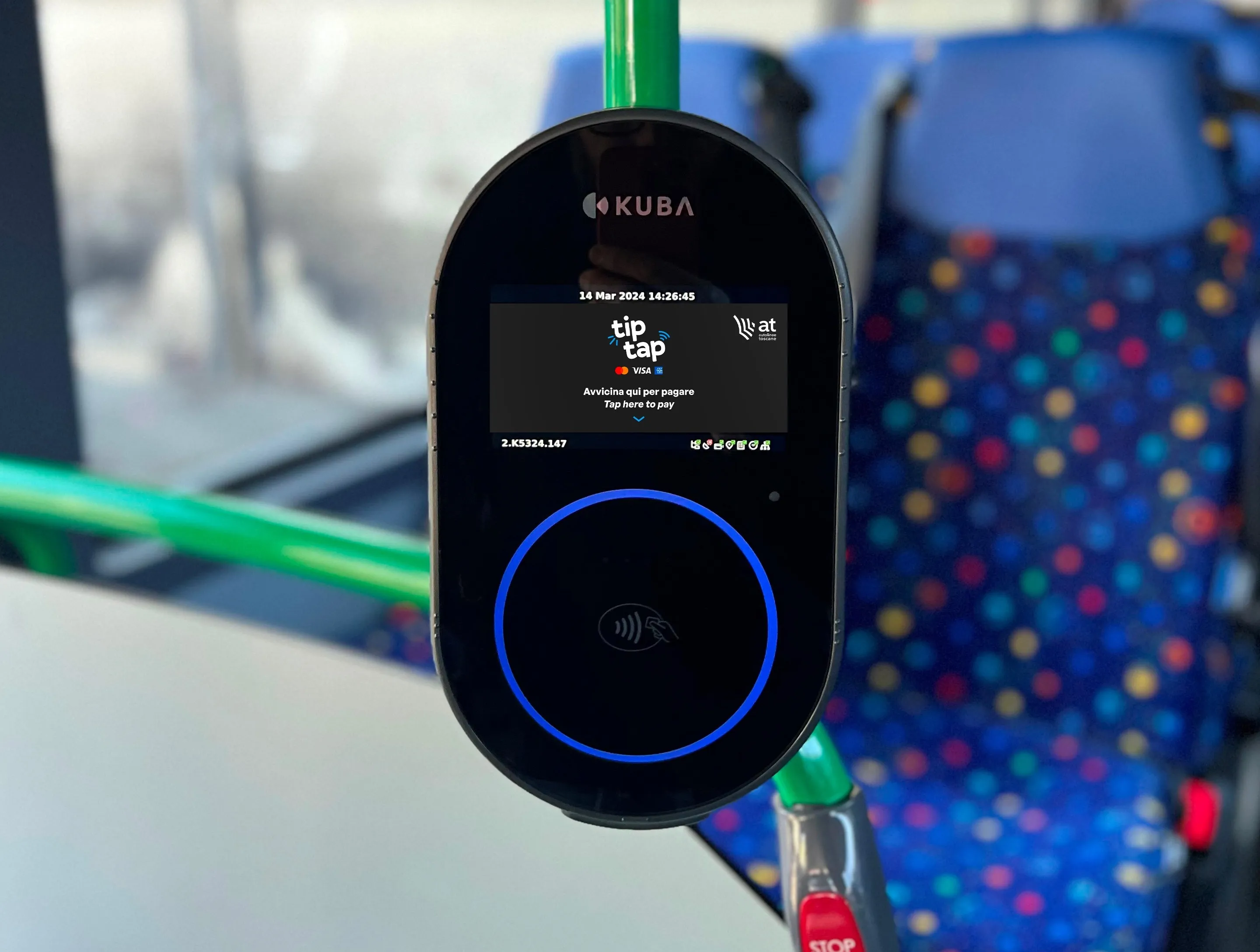
MIBs are the protocols used to communicate between central traffic management systems and ITS devices including traffic signal controllers. Manufacturers who keep MIBs proprietary lock out more cost-effective equipment because their products will not communicate with those from other companies, ODoT suggests – although it must be said that not everyone agrees with this assertion.
 Doug Spencer, ODoT ITS standards engineer, believes sharing MIBs is critical for providing safe and secure mobility.
Doug Spencer, ODoT ITS standards engineer, believes sharing MIBs is critical for providing safe and secure mobility.
“At ODoT, we have long required vendors to provide their MIBs as part of our contracting process. Having access to the manufacturer-specific MIBs prevents us from being held captive by a single vendor and promotes open competition,” he says.
He also insists the cybersecurity concerns raised by some manufacturers pushing back against the #FREEtheMIBs campaign are invalid.
“Security is not an inherent part of the National Transportation Communications for ITS Protocol that regulates MIBs for traffic control devices. The NTCIP standards, which can be publicly downloaded online, simply create an agreed-upon language that traffic systems use to communicate,” he adds.
Spencer claims having vendors openly share their “data definitions” for advance functions “does not do anything to put citizens more at risk”.
“Traffic control devices need network security just like any other IT asset. It’s up to agencies to secure these communications with the policies and rules established by their IT departments,” he continues. “It is commonplace for network equipment manufacturers to provide MIBs for their equipment. It should be commonplace for the transportation industry too.”
Spencer describes results from a traffic control project in which ODoT demanded open standards for its variable message signs as “immediate and profound”.
“Requiring the NTCIP and supplying vendor-specific MIBs, we went from having a single bidder on our contract to five or six and saw costs drop by nearly 50%,” he concludes.









